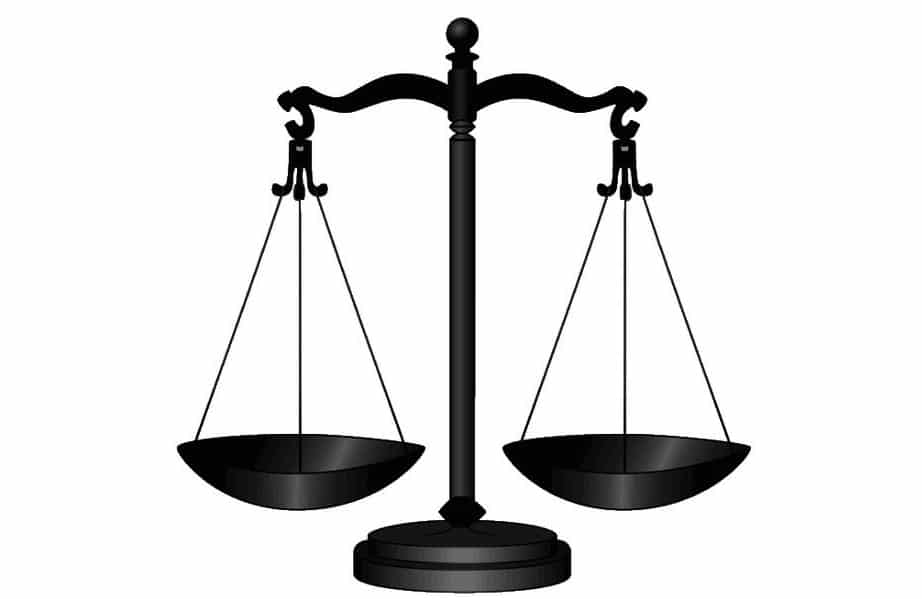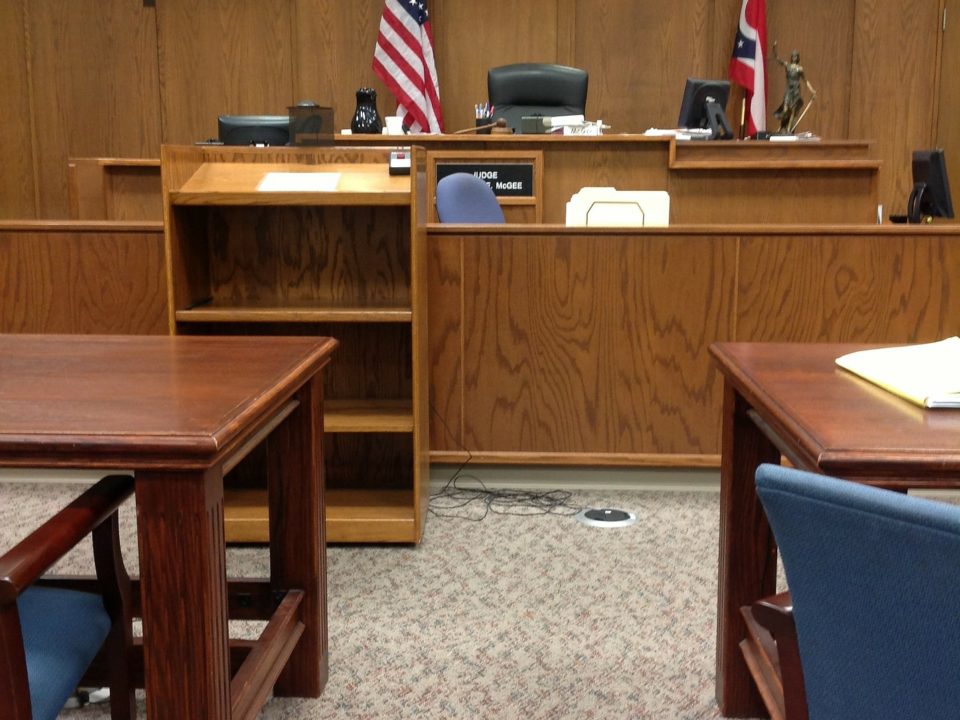 Below are Descriptions on the Types of White Collar Crimes
Below are Descriptions on the Types of White Collar Crimes
White Collar crimes consist of a full range of frauds committed by business and government professionals. These crimes are characterized by deceit, concealment, or violation of trust and are not dependent on the application or threat of physical force or violence.
Mail theft—intentionally taking mail not belonging to you and without permission from a mailbox or a mail carrier—carries a sentence of up to 3 years in prison and/or up to a $5,000 fine. See https://www.revisor.mn.gov/statutes/?id=609.529.
Forgery—using a knowingly false writing for identification or recommendation, for example—carries a sentence of up to 3 years in prison and/or up to a $5,000 fine.
See https://www.revisor.mn.gov/statutes/?id=609.63.
Check forgery—falsely creating or changing a check or falsely endorsing a check or trying to pay with a forged check—carries a sentence of up to 20 years in prison and/or up to a $100,000 fine, depending on the amount of the check or the amount of whatever is trying to be obtained. See https://www.revisor.mn.gov/statutes/?id=609.631.
Like most federal laws, white collar crimes are extremely complex and numerous.
Federal forgery and counterfeiting, for example, is governed by 18 U.S.C. §§ 470–514. If you deal in counterfeit obligations or securities, you could be sentenced to up to 20 years in prison and/or a fine under 18 U.S.C. § 473. If you make or possess counterfeit dies, molds, or such items for making coins, you could be sentenced to up to 15 years in prison and/or a fine under 18 U.S.C. § 487. If you falsely make, forge, or alter a deed, receipt, or any other writing to get money from the United States or its agents, you could be sentenced to up to 10 years in prison and/or a fine under 18 U.S.C. § 495. If you knowingly remove, destroy, or alter the VIN on a car, you could be sentenced to up to 5 years in prison and/or a fine under 18 U.S.C. § 511. See generally https://www.law.cornell.edu/uscode/text/18/part-I/chapter-25.
Federal embezzlement and theft is governed by 18 U.S.C. §§ 641–670. If you embezzle or steal a record, money, or other item of value from the United States or its department or agency, you could be sentenced to up to 10 years in prison and/or a fine under 18 U.S.C. § 641. If you are charged by Congress to keep safe public money and you use that money for your own personal use, you could be sentenced to up to 10 years in prison and/or a fine under 18 U.S.C. § 648. If you embezzle or steal from an employee welfare benefit plan of another, you could be sentenced to up to 5 years in prison and/or a fine under 18 U.S.C. § 664. If you steal or fraudulently get from a museum an object over 100 years old and worth more than $5,000 or an object worth at least $100,000, you could be sentenced to up to 10 years in prison and/or a fine under 18 U.S.C. § 668. See generally https://www.law.cornell.edu/uscode/text/18/part-I/chapter-31.
Federal mail fraud and other fraud offenses are governed by 18 U.S.C. §§ 1341–1351. Frauds and swindles generally are governed by 18 U.S.C. § 1341. Wire fraud—fraud using wire transmissions in interstate commerce—can be sentenced to up to 20 years in prison and/or a fine under 18 U.S.C. § 1343. Bank fraud—defrauding a bank—can be sentenced by up to 30 years in prison and/or up to a $1,000,000 fine under 18 U.S.C. § 1344. See generally 18 U.S.C. §§ 1341–1351.
Contact an Experienced MN Criminal Defense Attorney
Ryan Garry, Minnesota Criminal Defense Attorney, and his proven team have the experience necessary to help you in any type of white collar crime. White Collar Crimes can be complex and generally refer to crimes that generally do not involve violence, such as forgery, fraud, identity theft and embezzlement. It’s very important that you hire an attorney that has extensive experience when dealing with these types of crimes, and the resources necessary to accurately analyze the large quantities of documents that usually come with these types of cases



